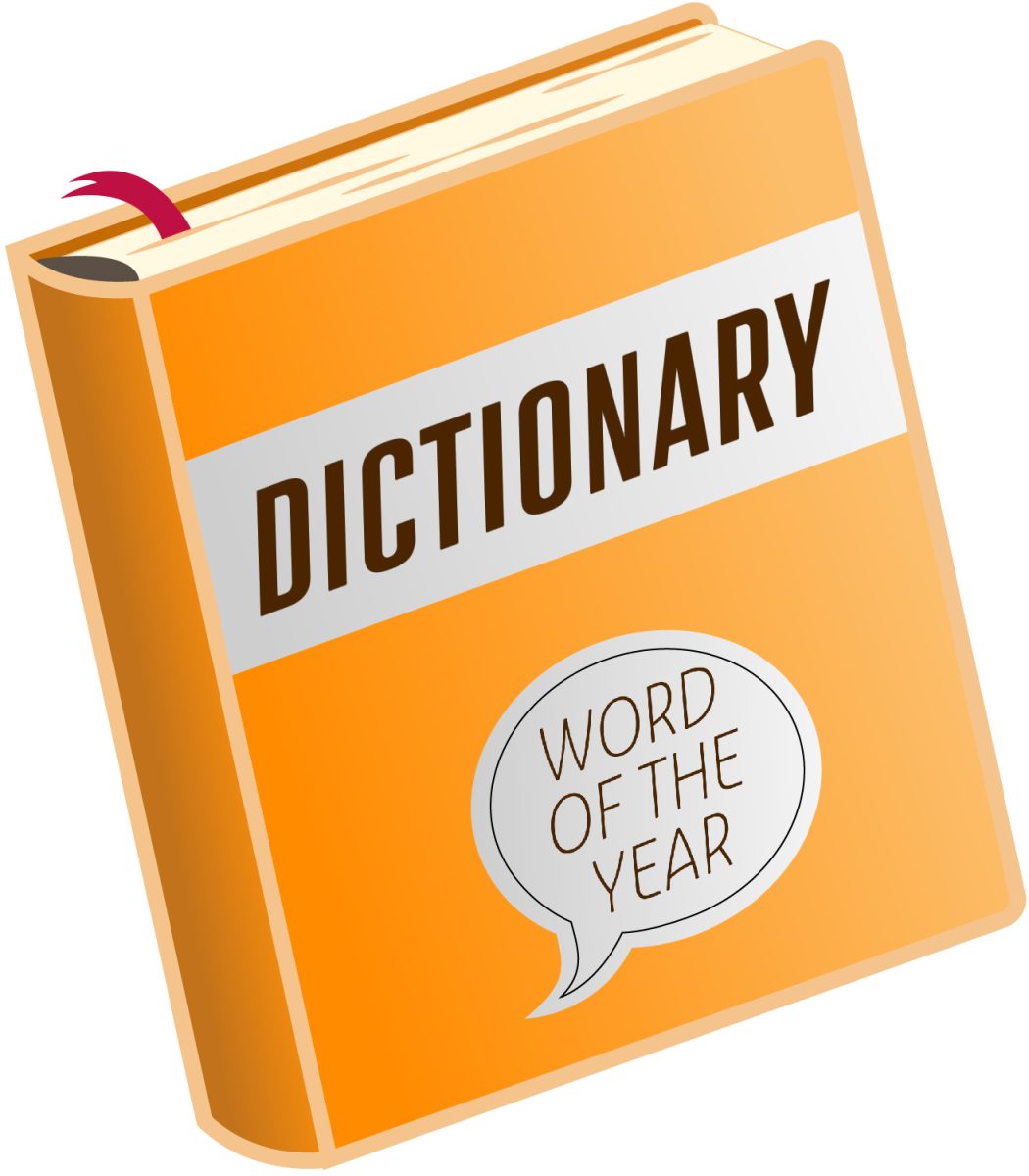Oxford has named “brain rot” the Word of the Year, defining it as “the supposed deterioration of a person’s mental or intellectual state, especially viewed as a result of overconsumption of material considered to be trivial or unchallenging.” Other contenders for WOTY included “demure”, “lore” and “slop,” more terms that gained prevalence within the online culture. “Rizz” gained the WOTY title last year, following “Goblin Mode” in 2022.
“Brain rot” was first seen in the 1854 novel Walden, where Henry David Thoreau claims that while England is stopping their potato rot, they are not combatting the “brain-rot”. According to Oxford University Press, the usage of “brain rot” went up 230% between 2023 and 2024. “Brain rot” is described as both an affliction or condition and something to describe the quality of content on online platforms.
The popularity of this word is likely correlated with a large amount of online content, especially on apps that specifically market short-form content like TikTok, Instagram and YouTube. Many “brain rot” posts include Gen Alpha and Gen Z slang like “Gyatt,” “Skibidi,” “Ohio,” “Fanum,” “Sigma” and “Alpha” among other words popularized by TikTok.
The term “brain rot” gained much of its popularity online, but the term is beginning to take hold in mainstream media as well, including mainstream journalism. “Brain rot” may even be useful in drawing more attention to the screen usage of young adults who use the term. Many young adults have experienced health issues arising from increased social media usage, like shortened attention spans and a reduction in media literacy.




